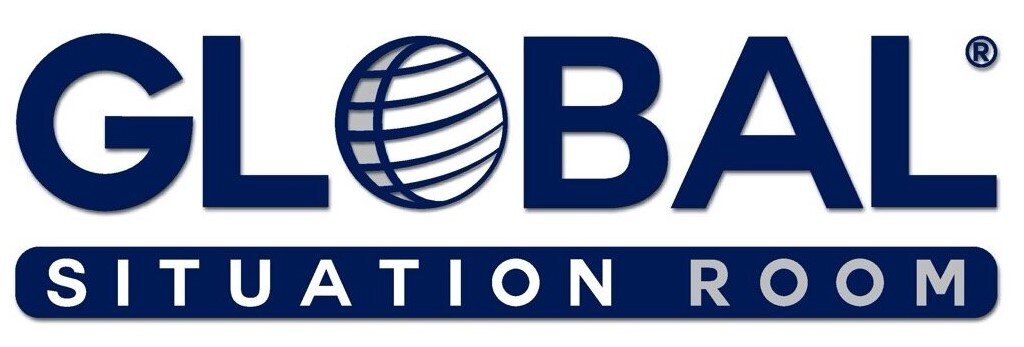A New Reference for Reputational Risk
In today's volatile business environment, a company's reputation can be its most valuable asset—or its greatest vulnerability. The Global Situation Room (GSR)'s Q1 2025 Reputation Risk Index™ serves as an essential early warning system for organizations navigating an increasingly complex risk landscape.
What Is the Reputation Risk Index?
The Reputation Risk Index is a barometer of emerging and evolving reputational threats developed by Global Situation Room, Inc. Updated quarterly to keep pace with the rapidly shifting risk environment, the Index combines research and data analysis from GSR's team of crisis management experts with invaluable insights from the Global Risk Advisory Council (the Council).
Currently, this distinguished Council is a select group of 117 members representing both public and private sectors across 58 industries and 17 countries. Among its members are over 20 former world leaders who have served as presidents, prime ministers, and U.S. members of Congress, current and former executives from leading multinational corporations, as well as senior public affairs professionals. In other words, those who have had to anticipate and mitigate risks in high-stakes situations. Their collective expertise provides an unparalleled perspective on reputation management challenges facing organizations worldwide.
Why It Matters
In an age of instant global communication, social media amplification, and heightened stakeholder expectations, reputational damage can occur with unprecedented speed and severity. The financial implications can be staggering—studies consistently show that reputation accounts for up to 25% of a company's market value, with reputational crises capable of wiping billions from market capitalization overnight.
This vulnerability has only intensified in recent years. The interconnected nature of today's business ecosystem means that supply chain issues, partner misconduct, or even distant geopolitical events can rapidly impact an organization's standing. The average time between a reputational trigger event and measurable financial impact has shrunk from weeks to mere hours.
Moreover, the stakeholder landscape has quickly transformed. Employees increasingly expect alignment with personal values from employers, while companies change DEI policies once championed by the public only half a decade ago. This convergence of expectations has created what one council member describes as "a perfect storm of accountability" where organizations face judgment from all directions simultaneously.
Regulatory bodies have also heightened their focus on corporate conduct, with new disclosure requirements and enforcement mechanisms emerging globally. The legal consequences of reputational damage—from shareholder lawsuits to regulatory penalties—often extend far beyond the initial crisis.
Perhaps most concerning is the asymmetric nature of reputational risk: organizations typically require years to build credibility but can lose it in moments. Recovery from major reputational damage takes an average of 3.7 years according to GSR's longitudinal studies, with nearly 40% of affected companies never fully regaining their former market position.
The Index offers organizations a critical advantage: the ability to anticipate and prepare for emerging risks before they manifest. By identifying trends and providing expert assessment of their potential severity, the Reputation Risk Index enables proactive rather than reactive reputation management.
For organizations seeking to build resilience, identifying and understanding these emerging threats is the crucial first step, which is precisely why GSR developed the Index to support leaders navigating today’s rapidly evolving landscape. The confluence of technological advancement, political polarization, and changing social expectations creates a perfect storm for potential reputational damage. In this environment, proactive reputation management strategies and authentic organizational values have never been more critical.
